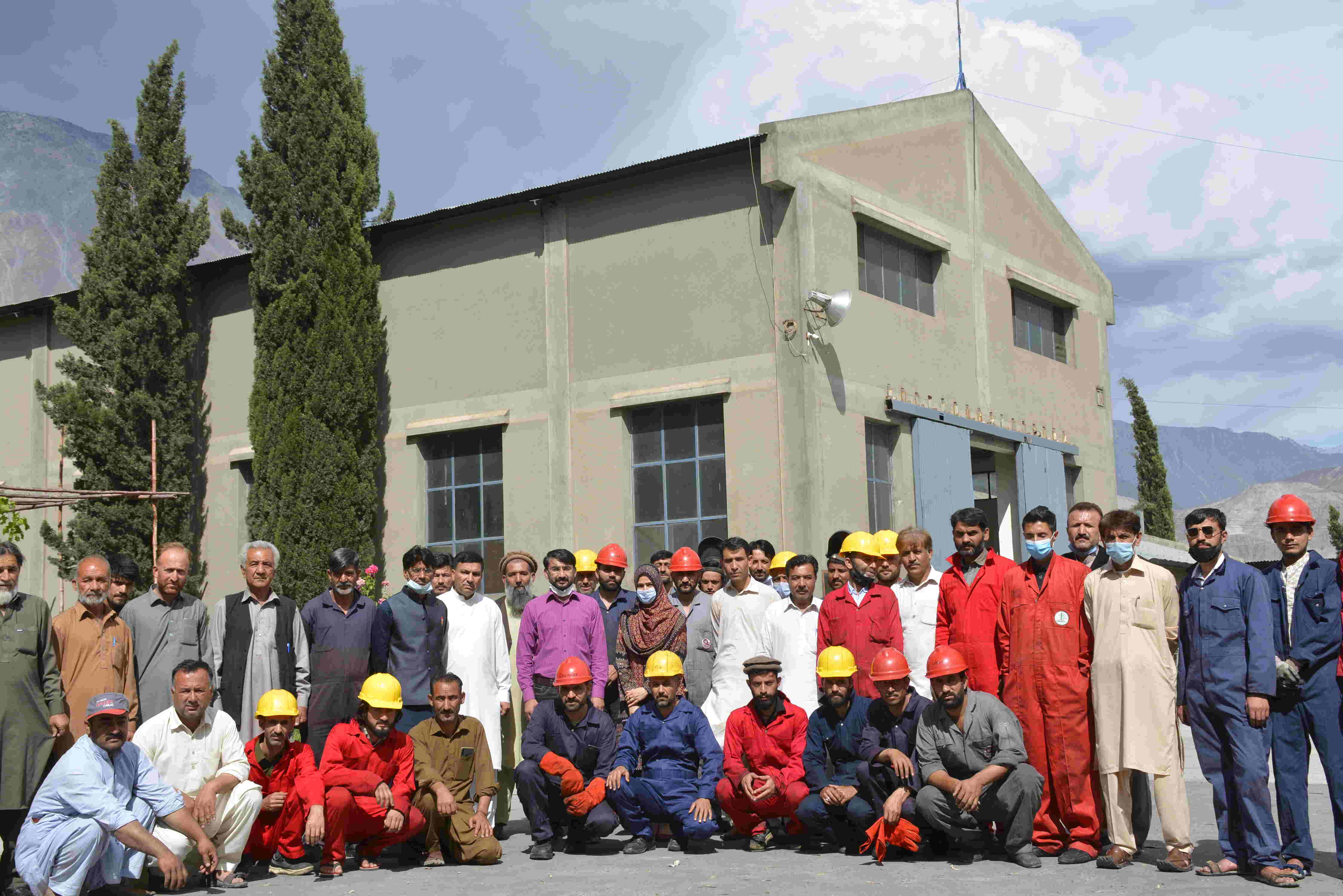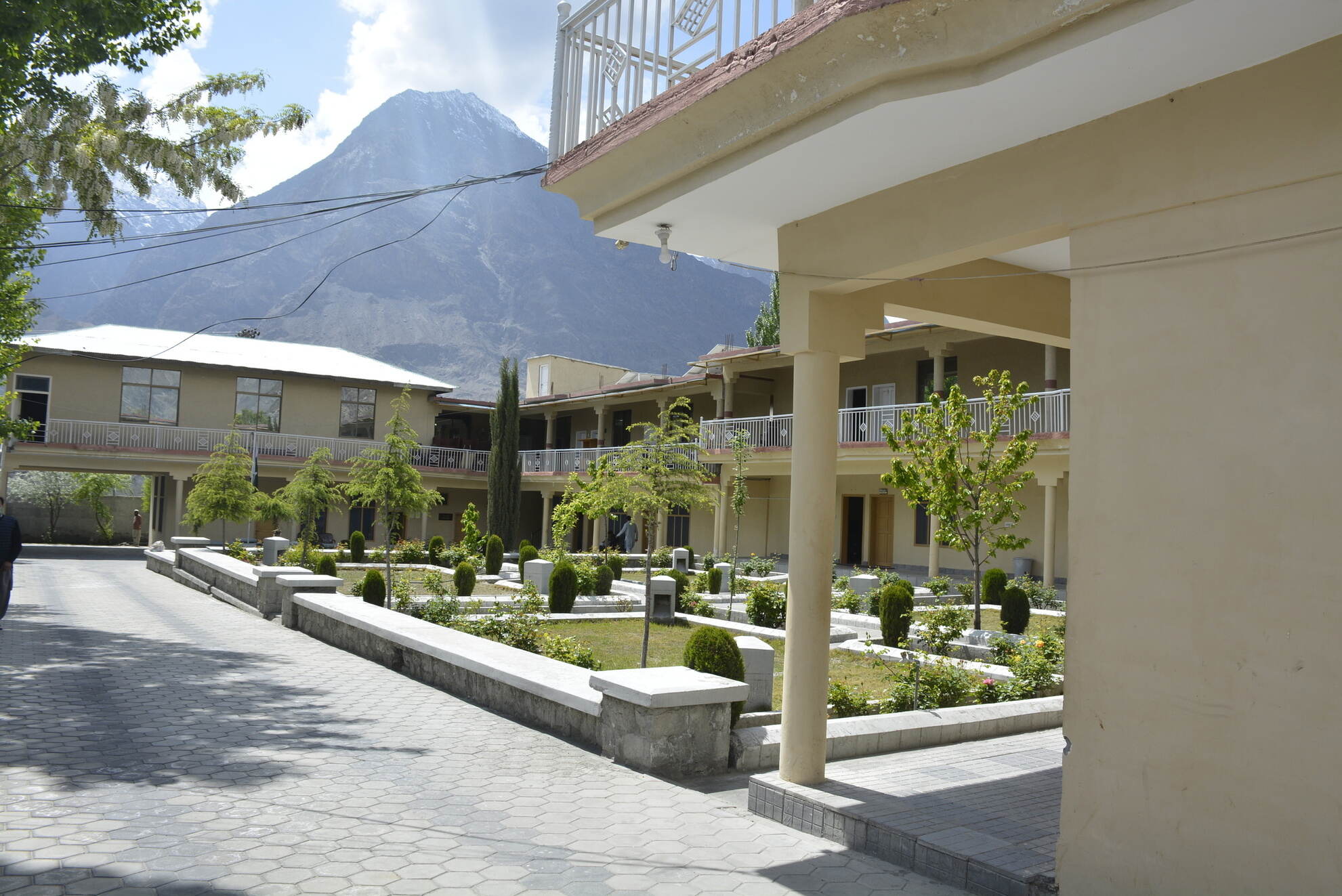
Project Agreement Signed to Boost Hydropower in Gilgit Baltistan
Gilgit (PR): In a significant step towards harnessing the abundant hydroelectric potential of the region, the contract agreement signing ceremony for the Establishment of Regional Grids (Phase-1) project was held today. This milestone paves the way for the interconnection and transmission facility that will facilitate the development of multiple hydro power plants and projects, all scheduled for completion by 2030. The project Contract Agreement has been signed between Water and Power Department and the EPC contractor M/S SMS-XIYUTONG Electric Construction Co. Ltd Joint Venture of Pakistani and Chinese firms after International Competitive Bidding at a cost of PKR 9148.509 Million. The ambitious project aims to attract private investors to the energy sector, capitalizing on the region's maximum hydro potential. The surplus power generated will be seamlessly integrated into the National Grid, addressing energy shortages at regional and finally national level. The project strategically designed to meet the power demand in four districts, including Gilgit, Hunza, Nagar keeping in view the demand forecast. The project's anticipated outcomes are set to benefit Gilgit Baltistan significantly, including: - **Reduction of Power Losses:** Through enhanced connectivity and efficient management, the project will help reduce power losses in the region. - **Improved Power Supply Management:** Interconnecting power stations will lead to efficient power supply management in Gilgit Baltistan, increasing diversity factor. - **Development of Hydropower Potential:** High voltage transmission networks will enable the development of hydropower projects at the most promising sites. - **National Grid Integration:** The project will enable the connection to the National Grid, allowing surplus power evacuation to address national energy shortages. - **Private Sector Investment:** Private sector investment in hydropower projects, following IPP and PPP modes, will supplement the National Grid, reducing the need for subsidies and minimizing circular debt. This project marks a crucial step towards a sustainable and reliable energy future for Gilgit Baltistan, with far-reaching benefits for the region and the nation as a whole.





